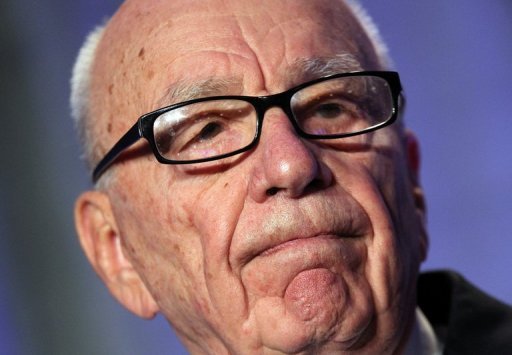In 2003, the British Broadcasting Corporation (BBC) was made to appear at a judicial inquiry chaired by Lord Hutton, who had been appointed by Prime Minister Tony Blair to investigate the mysterious death of David Kelly. Kelly died after being exposed as the BBC’s source in stories accusing Blair’s Labour government of having “sexed up” the intelligence on Saddam Hussein’s weapons programs to make the case for war in Iraq.
Lord Hutton found that the BBC had published “unfounded” accusations against the government–a conclusion that confirmed the view that the BBC had taken an anti-war stance instead of an impartial one. The findings led to the resignations of senior BBC executives, and the reining in of some of the BBC’s more egregious left-wing political tendencies–which were so bad that they even irritated Blair’s center-left government.
Today, it is the Conservative-Liberal Democrat coalition, which replaced Labour in 2010, that is in danger after extensive parliamentary investigations of allegations of phone hacking at publications owned by News International, which is in turn owned by Rupert Murdoch’s News Corporation. Murdoch’s son, James, has left the company, and the committee report recently concluded that Murdoch himself is not “fit” to run it.
The committee, however, divided sharply on partisan lines, with not a single one of the five Conservative members supporting the report (the deciding vote was cast by the sole Liberal Democrat member, who joined the five Labour members in endorsing it).
That has tainted the report’s conclusions, and suggests that political revenge might be the report’s real motive–muzzling Murdoch to make up for the new restraint on the BBC.
The difference between Murdoch’s publications and the BBC, however, is that no one in Britain (or anywhere) is forced to read or watch what News Corporation produces.
The BBC, by contrast, forces television viewers to buy licenses, and uses rather advanced technology to track down anyone watching TV without a license. (In the U.S., partially taxpayer-funded National Public Radio lets the IRS do the dirty work of enforcement.)
Fox News, the Wall Street Journal, and other News Corporation outlets succeed precisely because they offer an alternative to state-funded or state-friendly left-wing media. So, too, does talk radio and new media like Breitbart News.
The organized American left has tried everything to stop that success–from legitimate competition in the marketplace (MSNBC, Air America) to the illegitimate harassment of advertisers.
As those methods have failed, the left has turned–predictably–to the powers of the state.
In 2010, Senator Jay Rockefeller (D-WV) floated the idea of using the Federal Communications Commission (FCC) to shut down Fox News, even though the FCC does not regulate cable networks. (In a pretense at fairness, he also suggested that MSNBC be shut down–hardly an even exchange, since Fox has many more viewers.)
Now Sen. Rockefeller has asked Britain’s Lord Leveson–who is leading a separate, judicial inquiry into the phone hacking scandal–to provide evidence of whether News Corporation broke U.S. law. Given that the Department of Justice is already looking into the same question, and Sen. Rockefeller’s pre-existing motives, his effort deserves to be called what it is: an attack on freedom of the press, for the sake of political revenge.
Sen. Rockefeller’s letter is part of a broader assault on the First Amendment, which Democrats are trying to change, after more than two centuries in which it has become the most famous and cherished part of the U.S. Constitution. Democrats are working closely with an array of non-profit organizations (absurdly enjoying tax-exempt status), labor unions, political activists and left-wing media allies to limit opposition speech.
Their goal is not to win a debate, but to prevent that debate from taking place. They need not shut down conservative media to win; they need only frighten the executives and advertisers.
In the UK, government regulation of the media–and other spheres of life–is more far-reaching. America’s founders once chose a different, more robust path, but Sen. Rockefeller and the left want to bring our media–and our society–to heel.

COMMENTS
Please let us know if you're having issues with commenting.